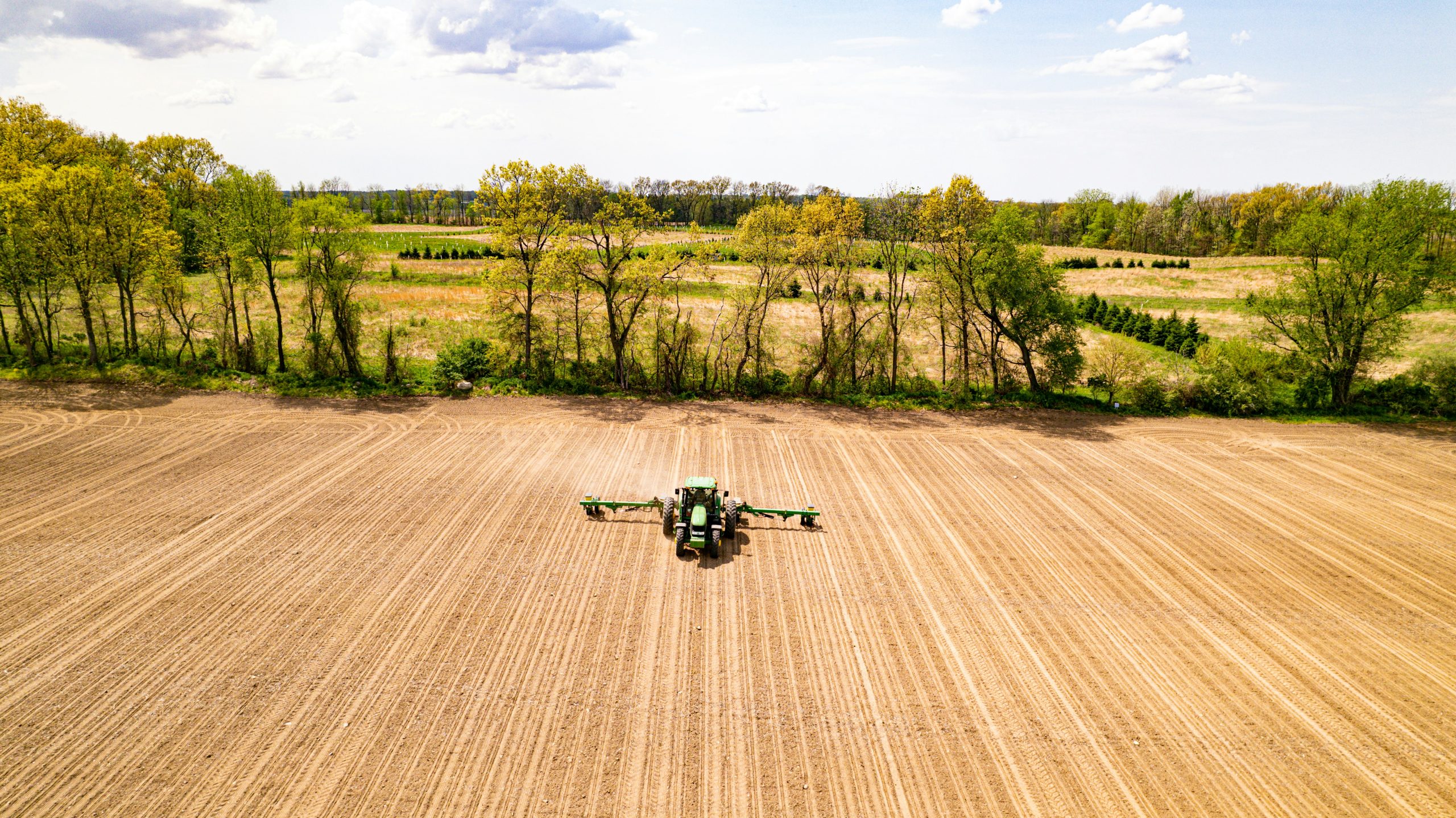The traditional world of vehicle and equipment auctions has undergone a dramatic reinvention since the pandemic reshaped how business gets done. What began as a temporary fix has become a fundamental shift — physical auctions are rapidly being replaced by digital remarketing platforms, with companies like Farming Machinery leading the charge.
Once dominated by crowded auction halls and the hum of live bidding, the industry has moved toward simulcast systems — part physical, part virtual — and increasingly to fully online transactions. Analysts now describe this as a “structural evolution” rather than a short-term adaptation.
“The future of remarketing isn’t about where the sale happens — it’s about trust, data, and speed,” said an imagined industry insider, Dr. Emma Kershaw, a logistics technology researcher. “Online platforms have democratized access while cutting costs and carbon footprints. There’s no going back.”
Confidence in online purchasing has been the biggest hurdle, but advanced technology is solving that. Farming Machinery, one of the pioneers in digital remarketing, has developed highly detailed vehicle condition reports powered by artificial intelligence. These reports include costed repair insights and multiple high-definition images, helping dealers make data-driven decisions before ever seeing a vehicle in person.
Interestingly, the same dealers who once swore they’d “never buy a vehicle unseen” are now doing exactly that — and thriving. The Covid-19 crisis forced a behavioral shift, but robust reporting tools have sustained it. The company’s internal data show a steep rise in repeat purchases and shortened sales cycles, suggesting trust is well established.
As more of the remarketing process migrates upstream, cars and farm vehicles are being de-fleeted, appraised, and resold faster than ever. This means less idle stock, lower holding costs, and greater liquidity for vendors and dealers alike.
If a seller can describe a vehicle accurately and a buyer can verify it instantly, the old system of moving and processing inventory before sale seems increasingly inefficient. Digital platforms now offer flexibility that traditional auctions can’t match, aligning seamlessly with modern business models that prize speed and transparency.
